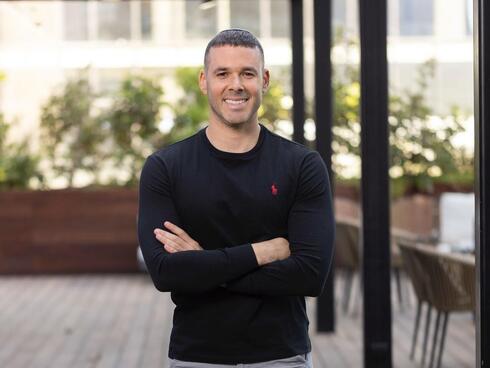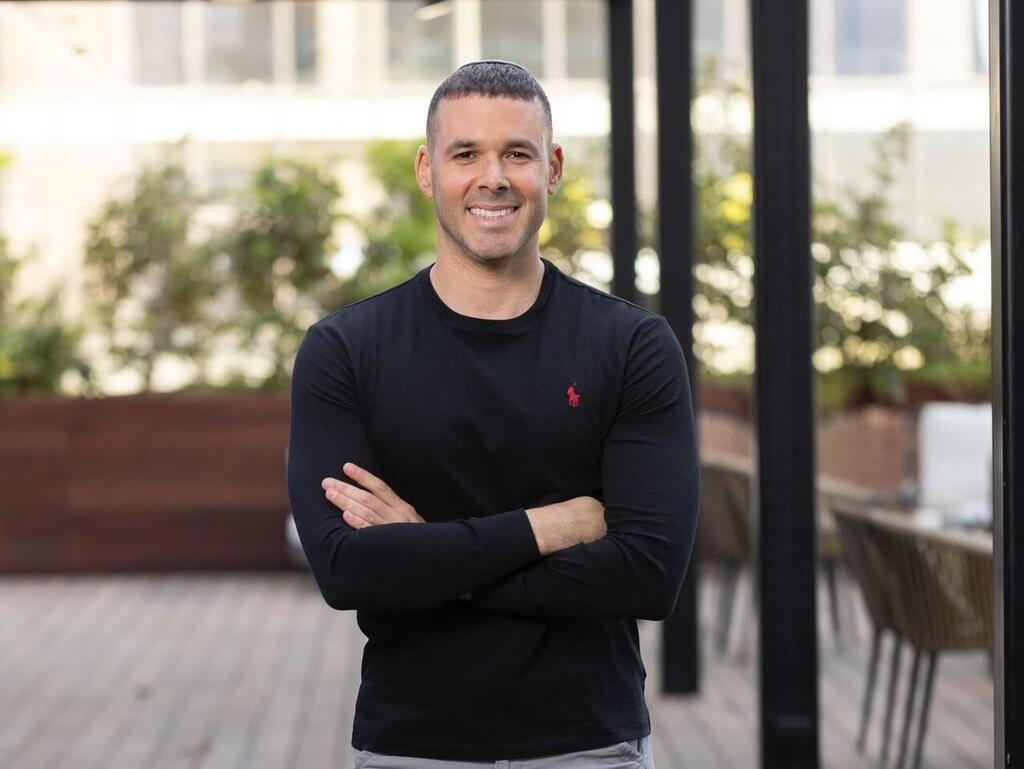
Israel rolls out AI tutors for every student in world-first pilot
eSelf and CET partner with Harvard to personalize learning at national scale.
In a world where education is increasingly shaped by both crisis and innovation, Israel is launching an experiment with potentially global implications: giving every K–12 student access to a private AI tutor.
The initiative is being rolled out by eSelf, an Israeli startup founded by Dr. Alan Bekker (CEO) and Eylon Shoshan (CTO), specializing in hyper-personalized conversational AI agents, in partnership with CET (Center for Educational Technology), the country’s largest textbook publisher. With academic guidance from Harvard University, the pilot marks the first time any country has attempted to implement AI tutoring at a national scale.
Bekker previously co-founded Voca.ai, acquired by Snap for $70 million, and went on to serve as Head of Conversational AI at Snap.
The digital tutors are not your typical chatbots. They appear as face-to-face avatars that speak and respond to students in real time, adapting to each learner’s strengths, weaknesses, and language preferences. These avatars can also generate images and videos on the fly, providing visual explanations tailored to classroom content. The pilot will start with Hebrew language instruction and expand to other subjects.
The educational stakes are high
The timing is no accident. Student test scores have dropped to historic lows in the aftermath of the pandemic, and UNESCO warns of a global shortage of 44 million teachers. Meanwhile, the U.S. Department of Education has identified AI tutoring systems as one of the most promising solutions to address widening educational inequality and staff shortfalls.
This pilot, backed by private tech and public education institutions, builds on a foundational insight from the landmark “Two Sigma Problem” study: students who receive one-on-one tutoring consistently outperform their peers by two standard deviations. AI avatars, the thinking goes, could democratize that level of support—without requiring millions of human tutors.
“Education is one of the strongest predictors of future opportunity – yet access to quality support remains deeply unequal, at a time when it’s more critical than ever,” said Victor Pereira, Faculty and Co-Chair of the Teaching and Teaching Leadership program at Harvard University. “This is precisely how AI should be integrated into education: not as a replacement for human educators, but as a powerful supplement that extends learning and promotes independence.”
Unlike many AI initiatives that replace human workers or emphasize automation, eSelf’s approach focuses on augmentation. The avatars are designed not to replace teachers, but to extend their reach—helping students learn independently and build academic confidence.














